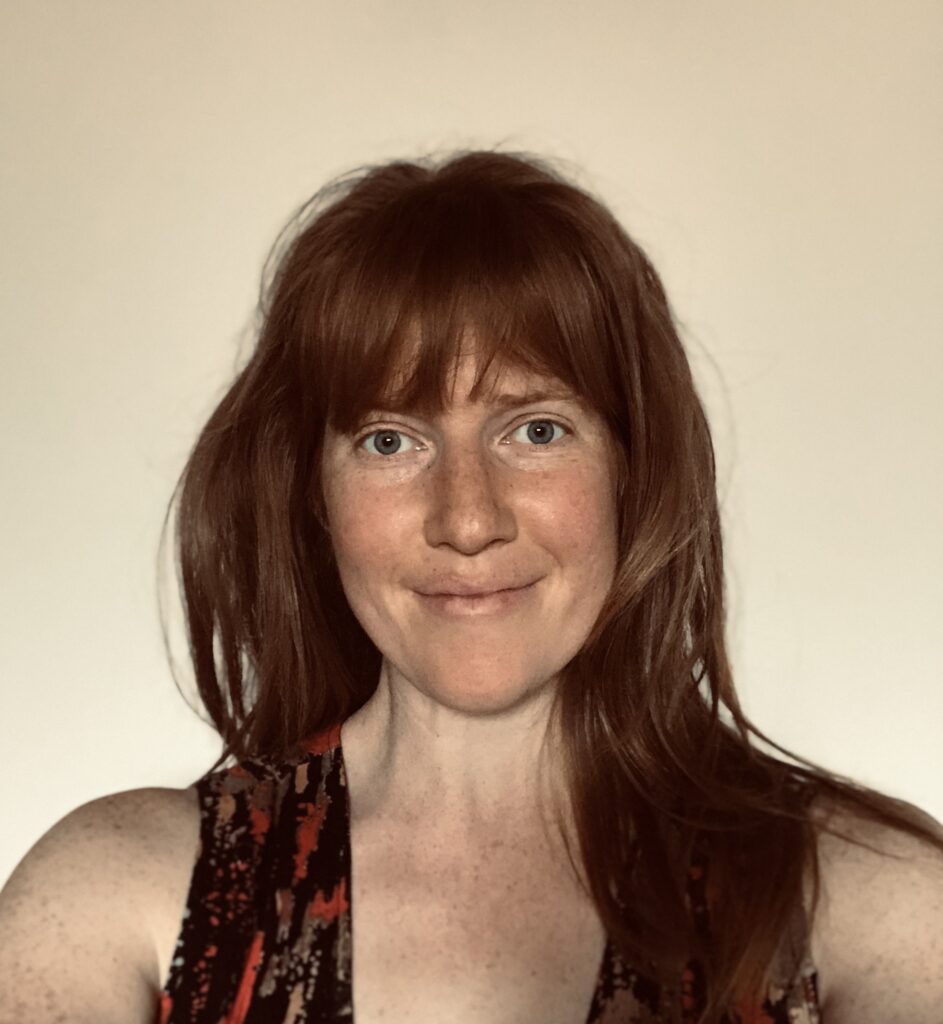How NaNoWriMo led me to Quitting Social Media for 30 Days
I first heard of NaNoWriMo last November. A month-long writing challenge, National Novel Writing Month has been in the back of my mind ever since. At the end of September, I created a profile and started thinking more seriously about attempting the challenge of writing 1667 words a day (or approx. 2 hours) daily for a full month, which totals a whopping 50 000 words, or a novel.
However, one hurdle was standing in my way. I have had writing writing projects that I’ve slowly been developing for months now, but they could have been done months ago. Once I started paying attention to why I wasn’t getting these projects done, I realized that the issue isn’t that I don’t have time, but that I can’t focus for extended periods of time on writing. Don’t get me wrong- I enjoy it. But there’s a little monkey on my back that I also “enjoy.”
Embarassingly enough, it’s the ‘gram.
Since starting my podcast Travelling Minds, I started posting twice weekly to Instagram. Sounds manageable, right? Maybe one day- for me, it has become a rabbit hole.
Two years ago, I didn’t use Instagram (or Twitter) at all. More recently, if I’m not mindful throughout the day, I started to notice that Instagram would take up a total of 45 minutes to an hour of my time every day. But even more shocking for me was that on a bad day, 45 minutes would mean that I opened the app 10 to 15 times. What 10-15 things had I interrupted myself in the middle of?! Writing, for one. But the screentime app doesn’t tell me how many times offlineI’ve thought about social media, or the people on it, or what people say, or worried about posts, or taken a picture to share later or… or… or…
As in Seth Godin’s book Linchpin, “We become what we pay attention to.” Yikes.
So, I’ve quit social media for the month of November and will see what happens. Here’s my detailed plan of how I will write 50 000 words in November, both to hold me accountable and keep a record should I decide to do it again!
[Note: I will do a re-cap at the end of the month to compare my goals versus reality.]
How I prepared for this month
I know, I know. It’s all well and good on November 1st, but what about when I crack November 13th? Or miss a day of writing? Well, I’ll [hopefully] say ‘that’s too bad’, and return as soon as I can to the original plan!
Here’s what I’ve done to prepare myself to meet these goals.
- August: Future Self Journal. My sister taught me about this in August- I have done 51 days so far. Essentially, I wake up, and answer the same 10 prompts every day. It takes 5-10 minutes. The objective is to do it as quickly as you can, do it daily, and focus on one behaviour. I focussed days 31-51 on the behaviour of writing daily, for 2 hours. This has hopefully helped me to get myself conscious into NaNoWriMo mode, but we’ll see!
- October: ‘Lo-tech Sundays.’ Sundays in October, I woke up, and only allowed texting (if at all) for as long as I can- just testing out my self-control with the internet. After I was done, I jot down in my journal how many hours I lasted.
- September: Tai Chi. I started Tai Chi classes in September, and hope that this moving meditation will also help me to meditate in general. I’ve been doing it twice weekly.
- October: Tell someone! I’ve told people about my goal! I hope that they will ask me about it throughout November, which helps me stay accountable. I did the same thing when I moved to Ireland, Benin, and saved for our year off. I talk about this a bit in this episode with Lynn, who says it was the first and most important step to starting a multi-year trip to Vanishing Places affected by climate change.
Trade Offs
I can’t quit social media cold turkey without adding other things in, so here are some trade-offs I want to be conscious of.
Taking Out
- No more Instagram, Twitter, or Linkedin- they’ve all been deleted from devices and logged out of. People can contact me via email/my website.
- Internet will be blocked for hours at a time. To start, on weekdays, no internet first thing in the morning to 12:00 noon.
- Cell phone stays out of my office at all times: work is work and phone is ‘phun’!
- Checking podcast/website stats only twice in the month of November.
Putting In
- Writing a minimum 1667 words per day (approx. 2 hours) and use the Freedom app to block all websites/internet from my iPad and laptop during that time.
- Read 4 books this month, including “Essentialism- The Disciplined Pursuit of Less” by Greg McKeown and “Digital Minimalism” by Cal Newport. Objective is to finish the month with a concrete plan how I’ll manage my internet use going forward.
- Help redevelop my focus by either doing Tai Chi, meditation or yoga daily.
- Start the day at the same time daily, build a morning routine of 1 hour.
Types of writing
I’ve decided not to actually write a novel! I know, I know. It’s National Novel Writing Month. However, my writing goal is threefold: to build a regular writing practice, to try different styles of writing, and to develop a pool of blogging and podcast episode ideas.
- Short stories (both fiction and non-fiction): 20 000 words minimum
- Blogs for my website and Eco Hub: 10000 words
- E-book Completion: 3000 edited words
- Miscellaneous (17000 words)
- This will let me have flexibility: if I’m enjoying blogging, keep blogging! If I have a short story that’s taking off, do it up!
Note: There are additional ‘word count bonuses’ for publishing, something I wrote, which I’ll tally separately.
Rewards
Rewards are many with a goal like this since it’s a stretch goal and by attempting, I’m already winning. As long as I try every day, I won’t really fail. However, I would like to come up with some rewards to keep me motivated: buy a book if I make it 2 weeks straight? Have a party? Not sure yet, but you’ll hear about what I figure out later in the process.
“In the twenty-first century, censorship works by flooding people with irrelevant information. […] In ancient times having power meant having access to data. Today having power means knowing what to ignore.”
–Yuval Noah Harari’s book Homo Deus

